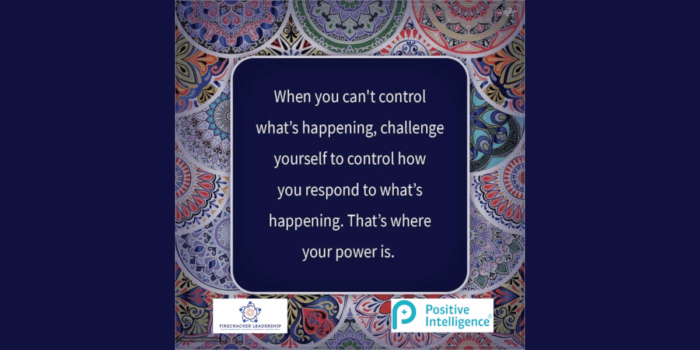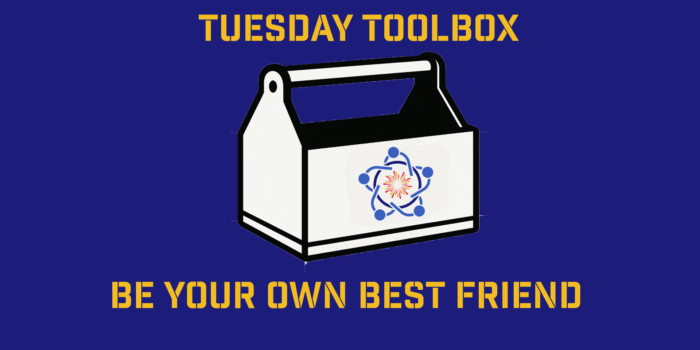Baby steps, commitment and hard work: reflect on how they have moved your needle, then read this.
“What can you make with goat milk?”
That’s what Josh Kilmer-Purcell, 52, and Brent Ridge, 48, Googled after their neighbor–a struggling farmer in Sharon Springs, New York–asked them to take in his herd of 88 goats after the 2008 stock market crash.
The results of that query led the couple to start making goat-milk soap for friends and family. When feedback included stories of cleared skin conditions, they knew they’d struck white gold, and launched Beekman 1802–named after their farm’s address–in 2009.
More than a decade later, Beekman has earned the No. 1112 spot on 2016’s Inc. 5000 list of fastest-growing private companies, and the company says it has since brought in more than $150 million in sales. And last year, Beekman sold a majority stake to investors for $92 million.
But all that success took more than just a winning soap recipe. Building any company is hard, but bootstrapping a company during a recession has its own set of challenges–especially as first-time entrepreneurs trying to stand out in the crowded skincare industry. Here’s their recipe for turning goat milk into gold:
Desperation Can Be Your Fuel
Prior to founding Beekman, Kilmer-Purcell had a writing and advertising background, having worked as a creative director at New York City-based firms. His first New York Times best-selling memoir, I Am Not Myself These Days (Harper Perennial, 2006), reflected on his experience being an advertising art director by day, and drag queen performer by night.
Ridge, a physician, was formerly the Vice President of Healthy Living for Martha Stewart Omnimedia where he worked with Stewart and Mount Sinai Hospitals to create one of the largest care facilities for older adults in the country.
In 2006, both on successful career paths, the couple borrowed against their 401ks and bought their dream vacation property– a historic farm in Sharon Springs. When the recession hit in 2008, the two lost their jobs within one month of each other. Martha Stewart closed the vertical Ridge worked on, and Kilmer-Purcell’s agency lost almost all of its billings. Plus, they had just overpaid for an expensive upstate property on top of an existing mortgage in the city–at the peak of the crumbling housing market.
While stressful at the time, the crisis only put them in the right position to see a business opportunity when they took in their neighbor’s goats. “[Our careers] were never supposed to intersect,” Kilmer-Purcell says. “It was fate that it happened– and, yes, a Google search and desperation.”
Play to Your Strengths
Ridge’s medical background helped in recognizing the benefits of goat milk, which has similar pH levels as human skin. And giving out samples in the company’s early days to friends and family–including connections like Martha Stewart–was key, the founders say, to getting a sense of who might want their product and why.
After positive feedback around results using natural ingredients, they knew they had to start selling–and Kilmer-Purcell knew the kind of branding and messaging they’d need. In 2009, they named their newly founded beauty company Beekman 1802 after William Beekman, who built their farm in 1802.
Never Waste a ‘Maybe’
To fund their idea, Kilmer-Purcell found a new job in advertising in the city so they had the money and security to bootstrap their new project, while Ridge lived at the farm and focused on launching their company. They lived this way for five years, with Kilmer-Purcell commuting on weekends to see Ridge and the farm. During these early days, Ridge took the soaps to New York City department stores, cold-calling Barney’s, Bergdorf Goodman, and Saks, asking to sell in their stores. Before finding a ‘yes,’ NYC-based department store Henri Bendel was their first ‘maybe,’ and gave the brand a trial run, allowing Ridge to sell products at a table on the main floor of its Fifth Avenue store for eight weeks.
“I got up every morning at four o’clock in the morning, loaded up our truck, drove three and a half hours down to the city to set up and stayed there until eight o’clock at night. Then I got back in the truck, drove back up, and started the whole process over again,” Ridge says.
The hustle paid off. Not only did Bendel end up deciding to sell Beekman products after the trial run, but that pop-up table caught the attention of a buyer from Anthropologie–who eventually became Beekman’s first major national partner–and of a beauty editor from Vanity Fair, who heard Ridge’s spiel and wrote about them.
Get Yourself Some Good PR
As word of mouth and their story spread, the founders starred in a reality TV show, The Fabulous Beekman Boys, which followed their entrepreneurial journey and ran for two seasons. In 2012, the pair also competed in and won the 21st season of The Amazing Race, claiming the $1 million grand prize.
Their easy-to-love story generated sales in department stores, at their flagship store in Sharon Springs– a store “in the middle of nowhere,” as the site describes–and on their website where they sold direct-to-consumer. In 2020, Beekman 1802 began partnering with Ulta Beauty to sell its products in 400 retail stores across the country. The same year, when the Covid-19 pandemic halted a partnership with QVC, the company transformed the empty space above their retail store into a TV studio to host live-stream shopping videos themselves using Livescale. The company says it has brought in over $1000 per minute when streaming.
Take Baby (Goat) Steps
While buyers first came knocking for investment in the company in 2015, the bootstrapped entrepreneurs didn’t want to sell to just anyone. It wasn’t until 2021 that they found worthy investors when private equity company Eurazeo invested $62 million to acquire a majority and controlling stake in Beekman, with Cohesive Capital Partners and the Cherng Family Trust investing additional funds for a total investment of $92 million.
When reflecting on the journey, the founders are glad they didn’t take investment until 12 years after founding, and that they started out with small steps rather than a huge leap into the deep end of outside investment.
“Don’t think of it as a leap,” Kilmer-Purcell says of starting a company. “So many entrepreneurs see stories from the outside, like, ‘they were doing something one day, and then took this huge chance and then succeeded the next day.’ There’s a tendency in this day to think, ‘I have an idea, I’ve got to go out and get money– I’ve gotta Shark Tank this, and that’s my only hope of becoming a successful entrepreneur.’ And that’s not true. It doesn’t have to be elite. It can be small steps, making sure that you have a fallback, the entire way.”



